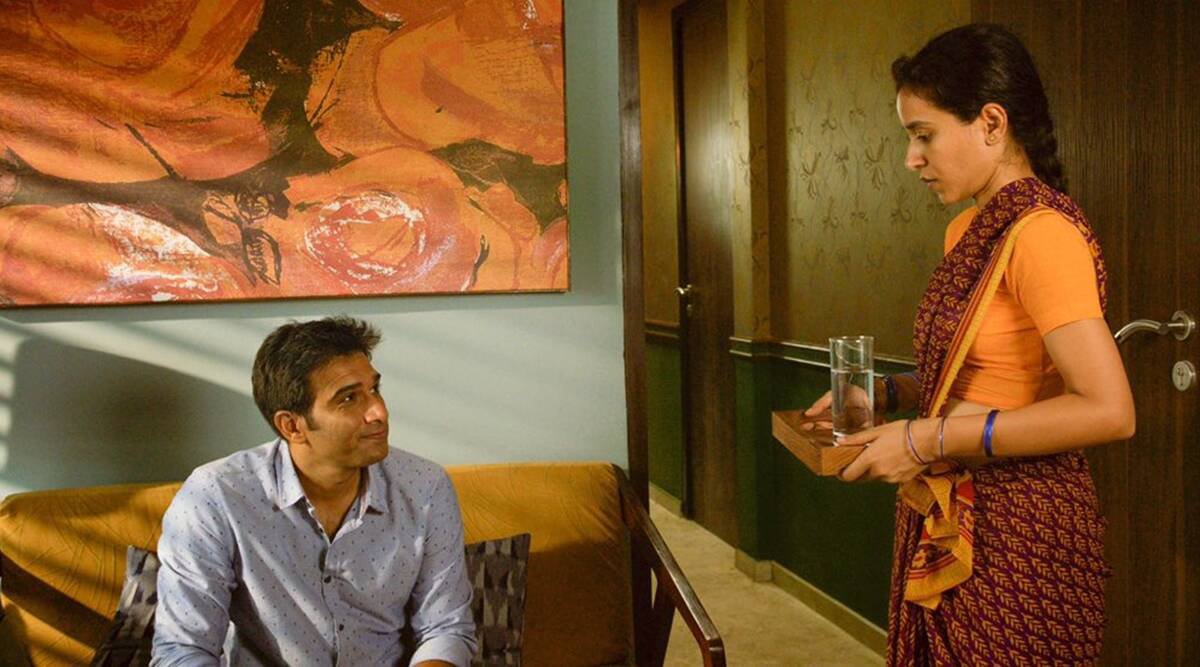VFX abs, hyper-masculinity and saviour complexes, who told Bollywood this is what women look for in men? Stop spreading false notions because all it does is mislead the population. Instead, maybe take notes from women female-led movies? After all, who knows what women want better than …women?
Here are 9 male characters written by women, so you know exactly what women look for in men (hint – it’s not washboard six packs):
1. Sunny, Dil Dhadakne Do
There are a lot of men out there, modern men, who consider themselves to be progressive allies to women’s rights. But for a lot of them, their version of feminism is a fallacy. It is only acceptable to the degree where men continue to be on top and women inferior. When Sunny burst Manav’s pseudo-liberal bubble and called out his internalized sexism, he eloquently dissected exactly what’s wrong with the thought pattern embedded in today’s men. They are still victims of the patriarchy and have failed to shed their sense of authority over female bodies. Only a woman could write that.
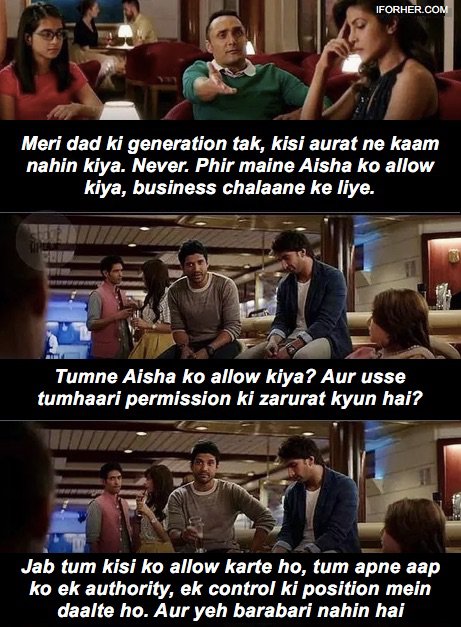
2. Rana, Piku
This might be hard to believe, but women aren’t damsels in distress. We don’t always need a man to swoop in and save the day. We can fight our own battles. The witty and outspoken Rana isn’t there to solve all of Piku’s problems. He doesn’t see an independent, unmarried woman juggling through life and immediately offer to marry her and carry her burdens on his shoulder. Instead, he extends the courtesy to serve as a good listener and empathizes with her hard life. Empathy, a skill most men lack. To all the men reading this, we don’t need you to provide a solution to our troubles, just empathize with us!
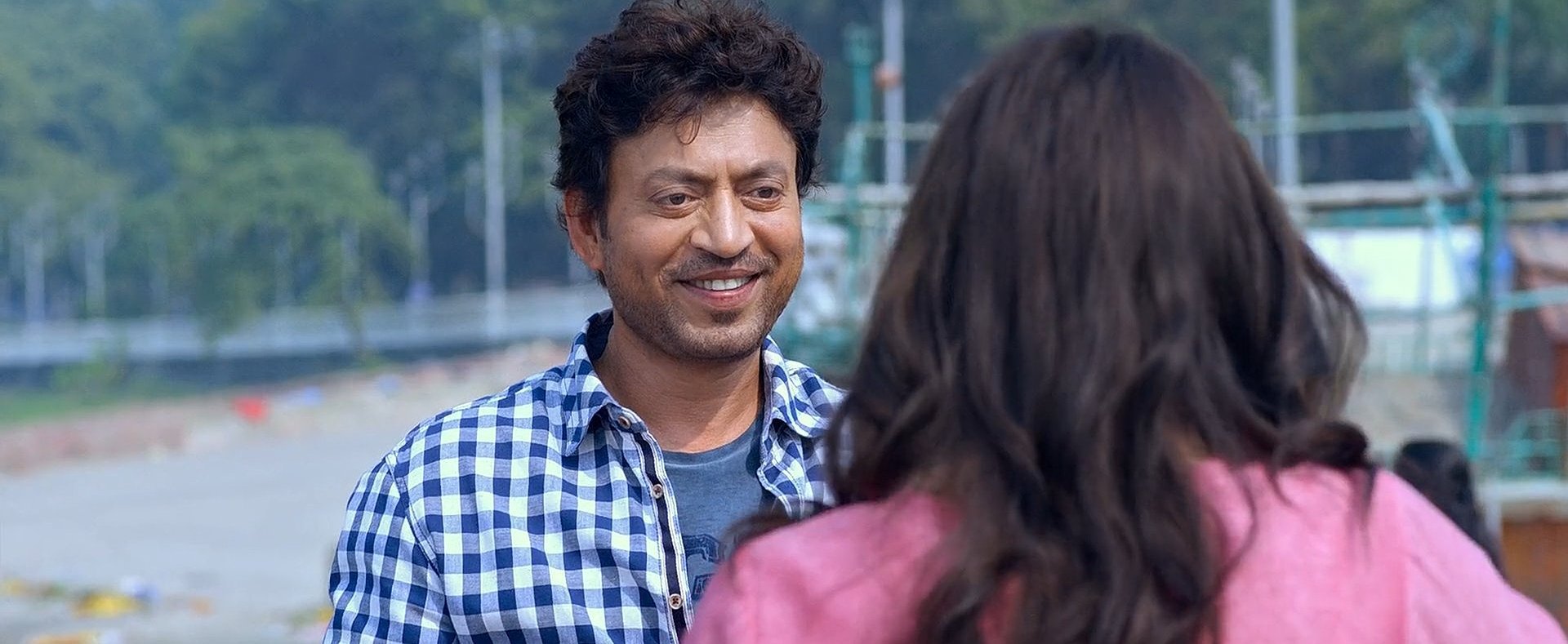
3. Amol, Chhapaak
Amol from Chhapaak is a rare man who looks beyond the physical appearance of a woman. He falls in love with Malti, an acid attack survivor not out of pity, but out of his appreciation for her sheer courage and strong will. The best part? His character is inspired by real-life 🙂
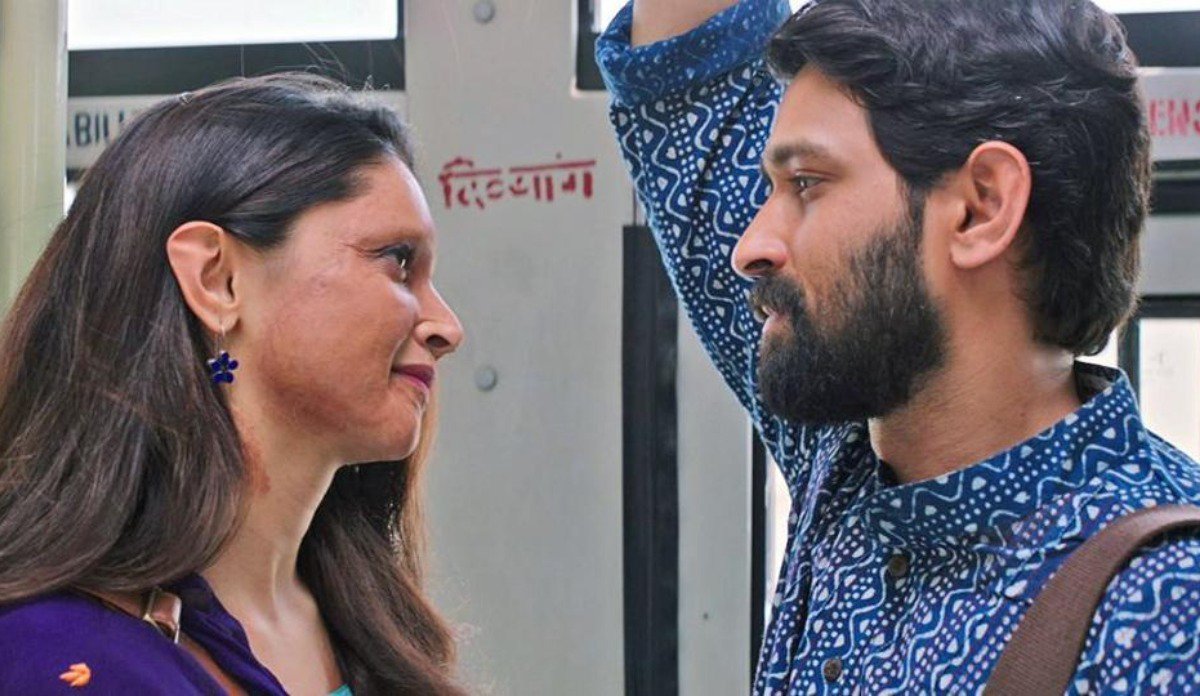
4. Sachin Sandhu, Thappad
Unlike other parents, Amrita’s father is not disappointed over his daughter’s divorce. Instead, and in a rare instance, the man is proud of his daughter for putting herself before her husband and walking out of a relationship that no longer treated her with respect. He treats his daughter not as his commodity but as a human being worthy of making her individual choices.
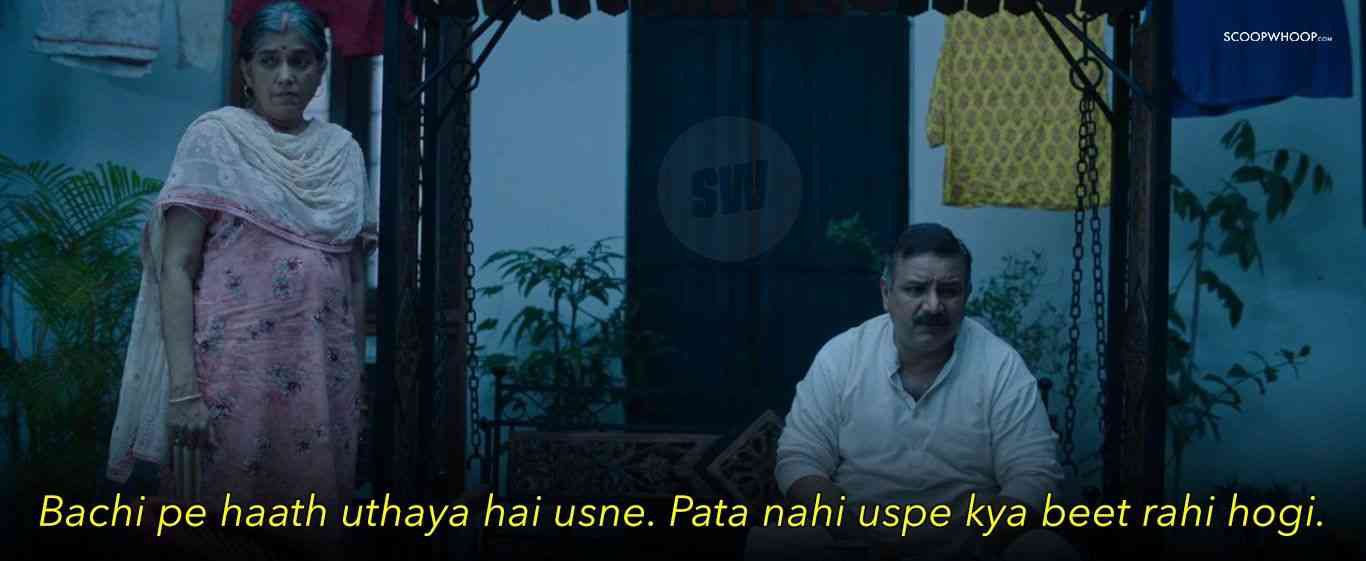
5. Rahul, Kapoor and Sons
Fawad Khan’s Rahul does a karate chop to all the gay stereotypes out there. It’s not that he isn’t flawed, he is. But on paper, he is perfect. He is hot, charming, responsible and essentially the head of his family. But underneath the glamour, he is a troubled man living a closeted life under the burden of “Mera perfect beta.” A storm has been brewing inside Rahul for many, many years, all of which comes out in a voluptuous revelation to his mother. Rahul is gay.
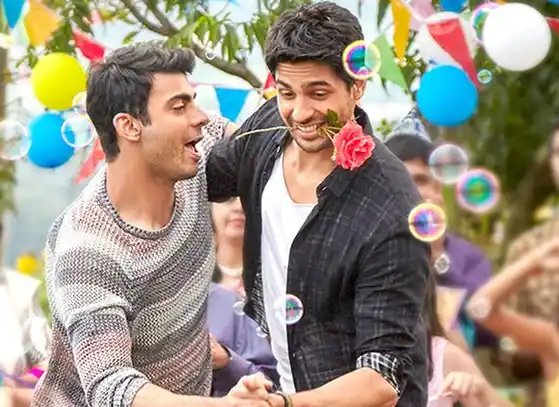
6. Dr. Jehangir Khan, Dear Zindagi
Dr Khan is a saviour. In many ways, he saves Kaira’s life. But, he never abuses his power and authority over her. If this was a conventional Bollywood movie, Kaira would come running into his arms and the duo would ride off into the sunset. But not Jug, he recognizes his responsibility and the power he holds over his patients. He rejects Kaira’s romantic advances, expressing that it is only human for a patient to feel this way about their therapist, and while he likes her platonically, a relationship would not be possible between them.
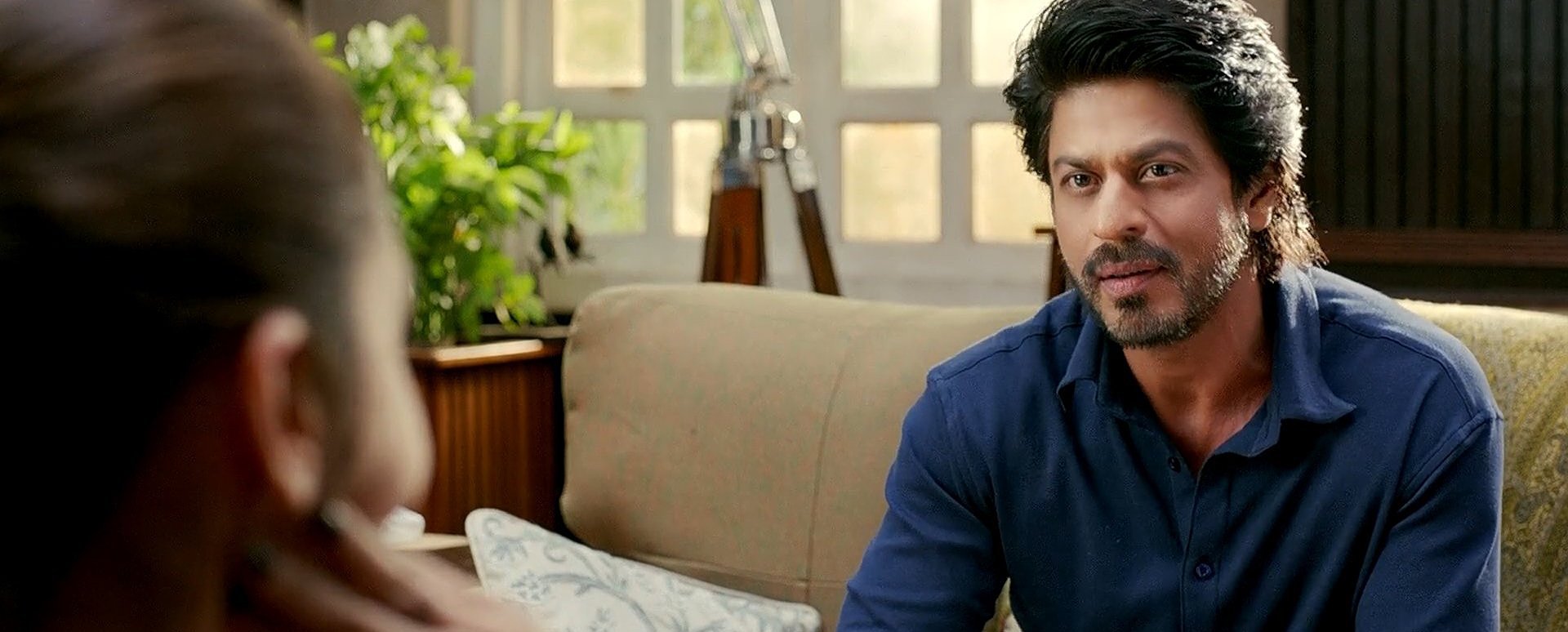
7. Iqbal Syed, Raazi
The perfect gentleman, kind and compassionate, Iqbal recognizes his wife’s dilemma when other family members open talk shit about her country, and isn’t afraid to extend his apology. Not only does he give Sehmat the time she needs to fall in love with him but also understands that she needn’t sacrifice her own patriotism to be with him.
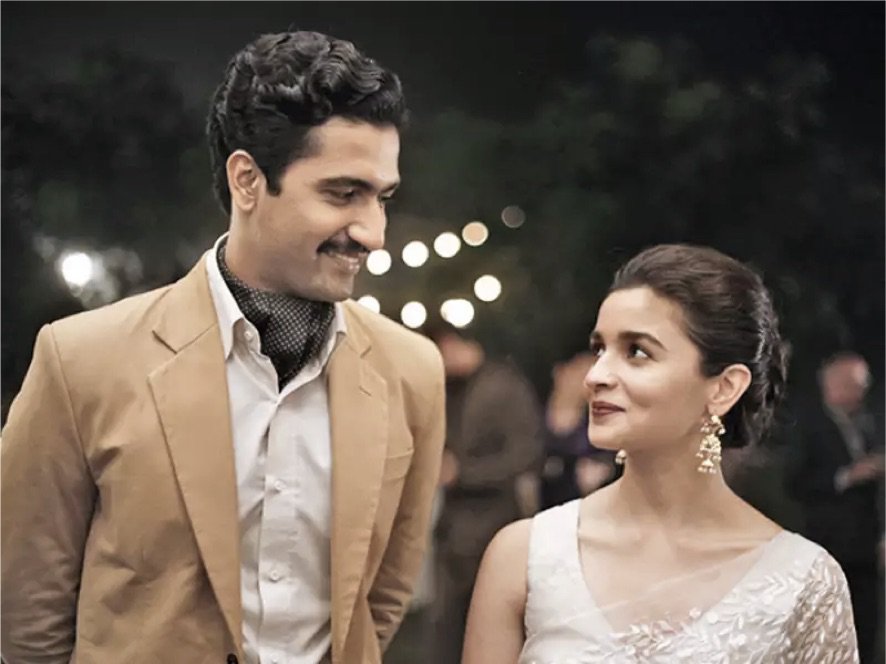
8. Kabir, Imran and Arjun, Zindagi Na Milegi Dobara
Each of them has wounds to heal, fences to mend and demons to confront. They aren’t invincible to their emotions. And they certainly don’t spend their entire boy’s trip shitting on women.
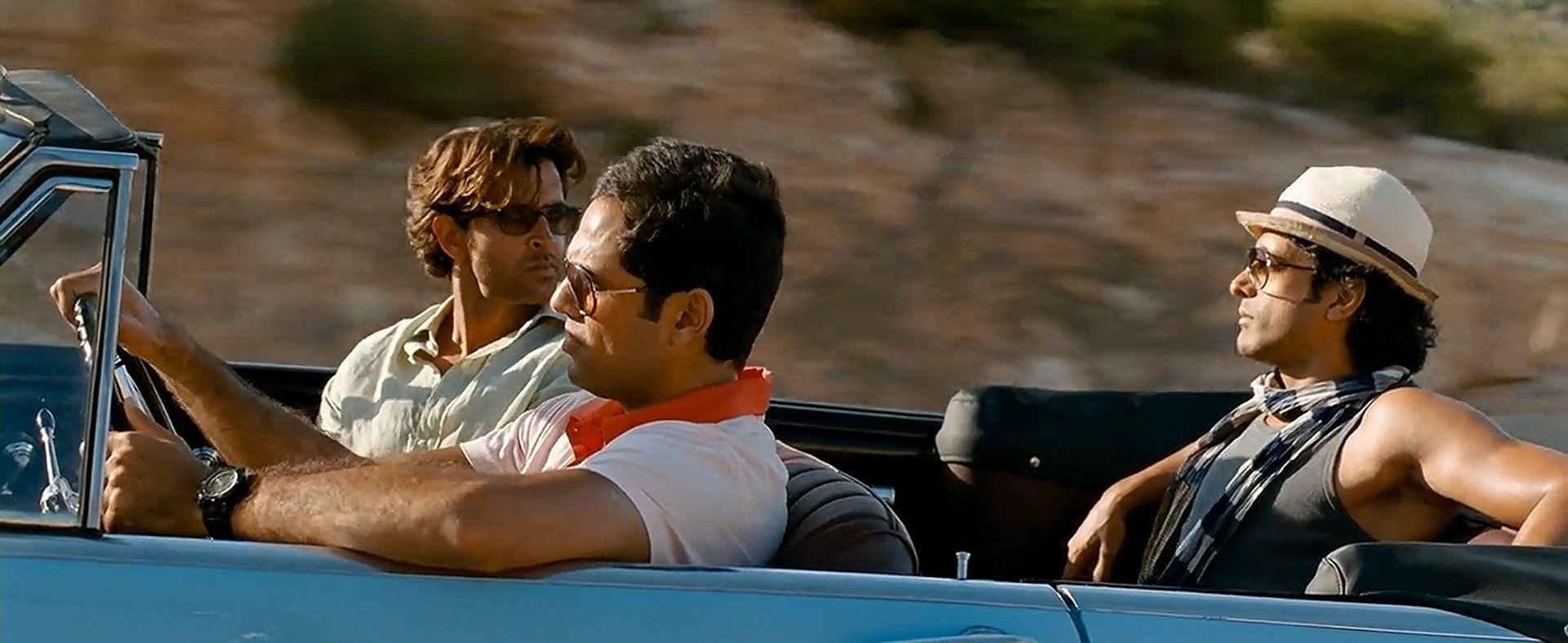
9. Ashwin, Sir
A man who has the power to reject societal norms, class-based hierarchy, and conventional standards of beauty? Rare. Ashwin admires Ratna for her free-spirit and unapologetic ambitions, not the colour of her skin and the outfit she wears, much like what society has dictated we look for in a partner.
